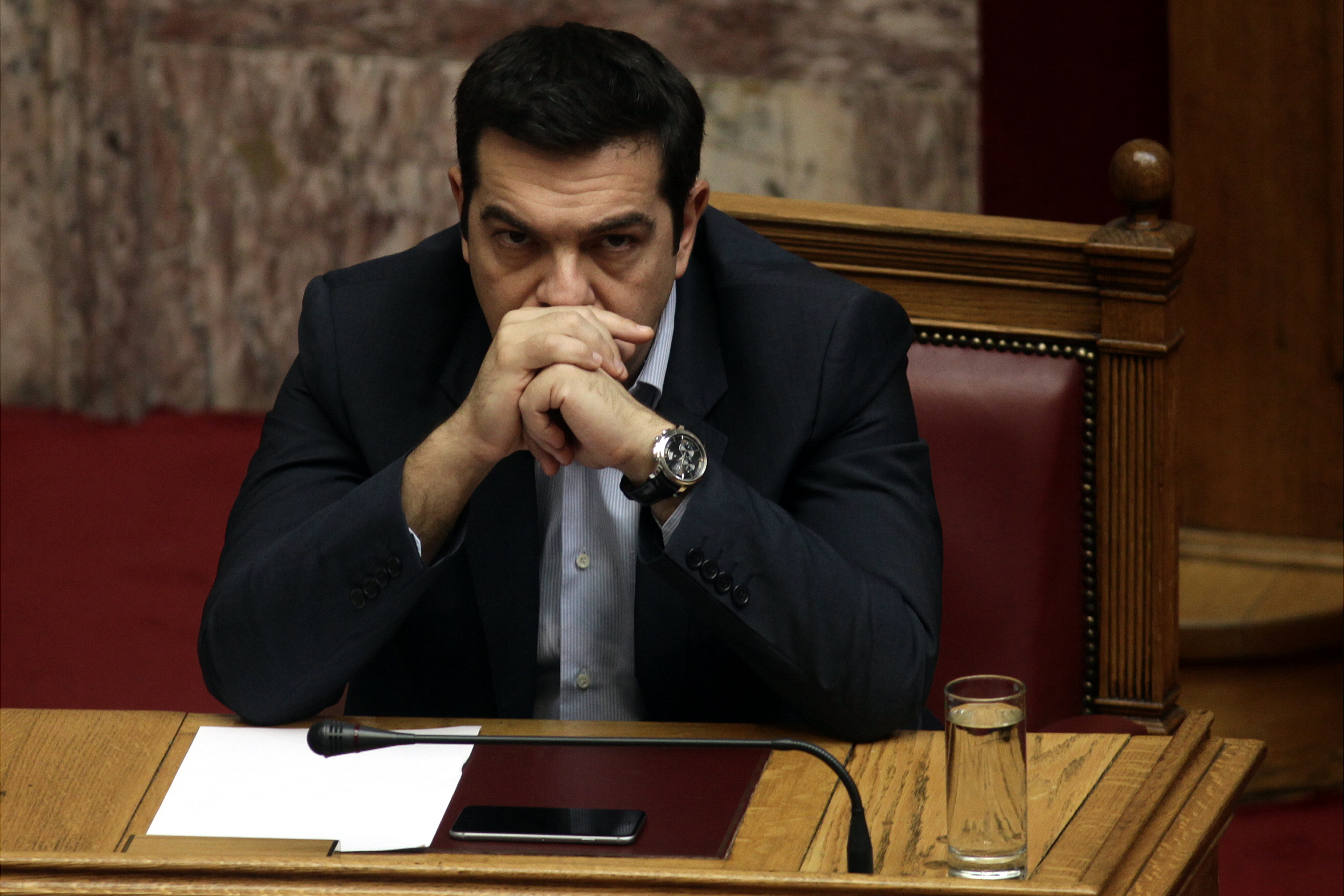There has been much talk in the political and economic halls of power about when the next parliamentary elections will be held, whether they will take place in 2018 or 2019.
Elections for the European Parliament, as well as municipal and prefectural elections are all scheduled for 2019.
At the moment, there are discussions about whether municipal and prefectural elections, normally held right before summer, will be postponed until autumn, 2019.
For the time being, the prime minister’s office is slowly and methodically trying to build a more favourable balance of power for Syriza in cities and prefectures around the country.
In that framework, the government is planning to change the electoral law governing local elections.
If one considers that the prime minister has said that “we must look at the future of the political system with the rationale that there must convergences and understanding”, it is apparent that he was alluding to directly proportional representation in municipal and prefectural elections as well.
The opposition appeared to have been caught off guard.
Based on discussions among members of the prime minister’s staff, it is obvious that the PM’s office is banking on a radical change of power balances in local government, with the aim of creating pro-Syriza bastions in local societies around the country.
As things stand now, the government wants to decouple the European Parliament elections that are scheduled for May, 2019, from local elections.
The only thing certain is that the elections will be held with a law mandating directly proportional representation, and is expected to create tectonic shifts at many levels.
The Machiavellian scenario
What is the Machiavellian scenario that many have not considered but which if implemented could radically change the situation?
It is to hold quadruple elections – European Parliament, municipal, prefectural, and parliamentary – in May, 2019.
In that case, the balances would change very easily without many people realising it, because many local officials will be focused on being re-elected to municipal and prefectural councils and will be making alliances, even inter-party ones, rather than looking for support only in their own party.
Municipal and prefectural officials will be hammering out their own electoral alliances, rather than working for their party’s success in the parliamentary elections.
This especially concerns New Democracy, as such an eventuality may have a major impact on the chances of the main opposition party.





